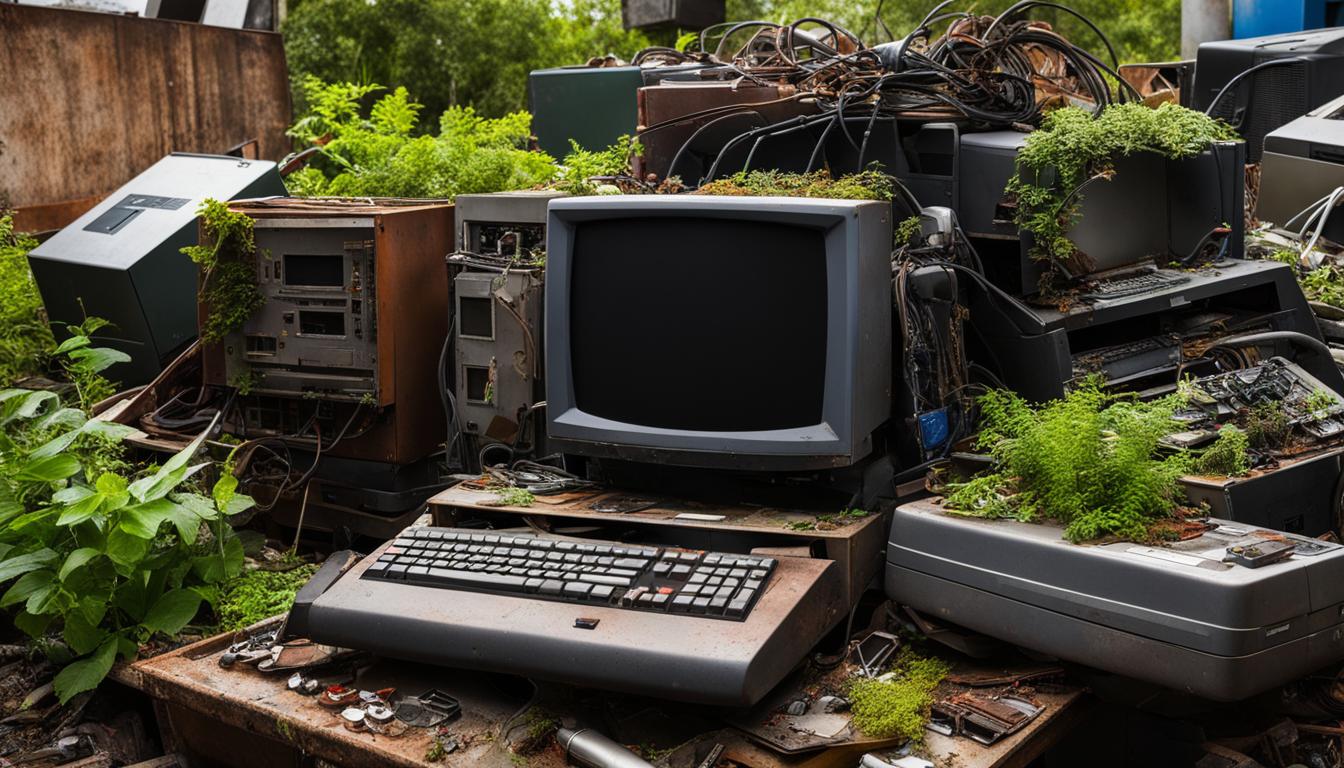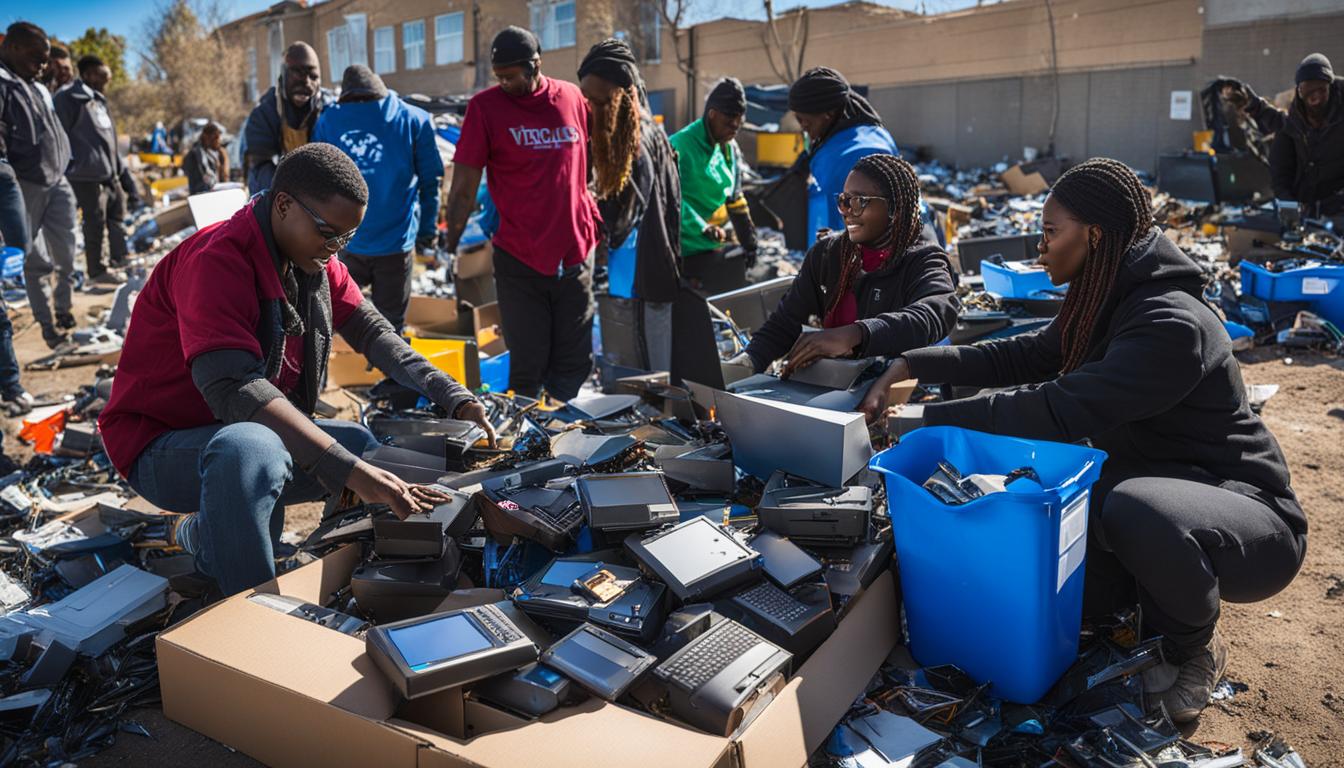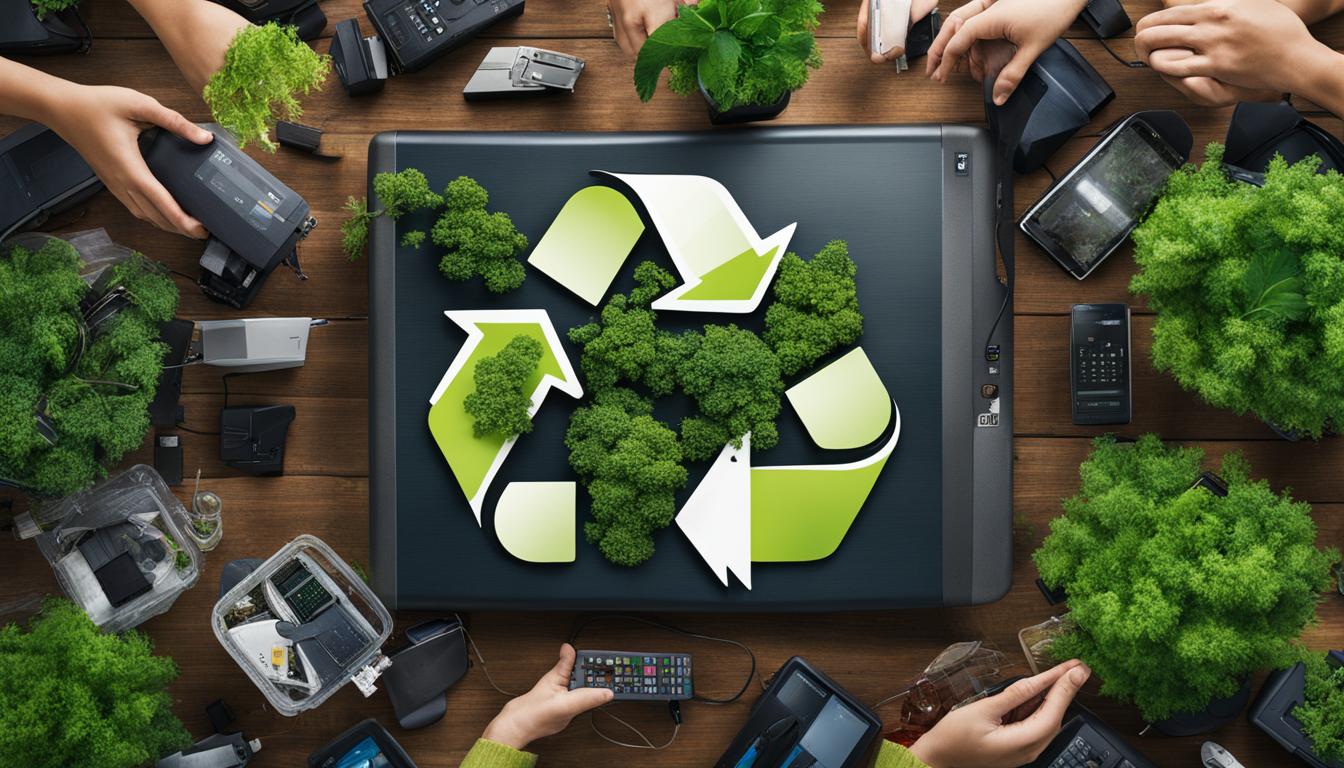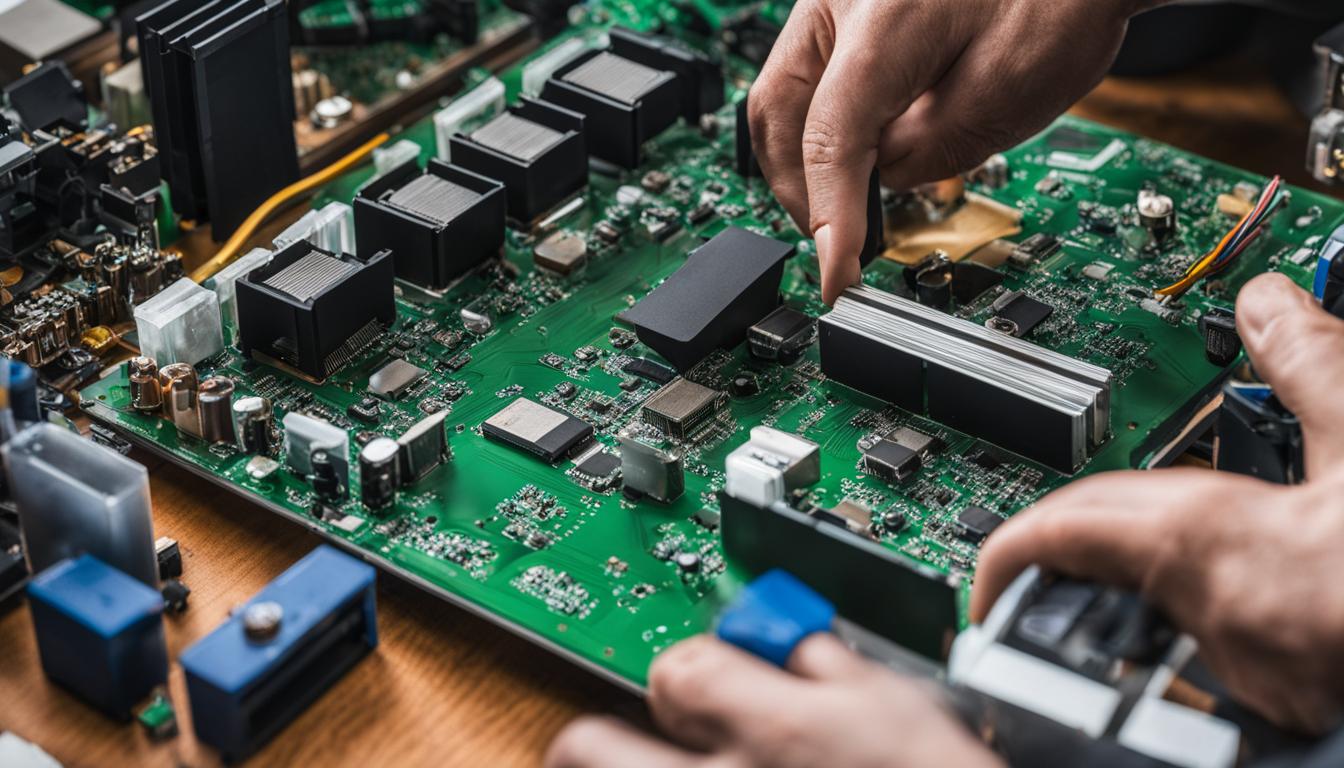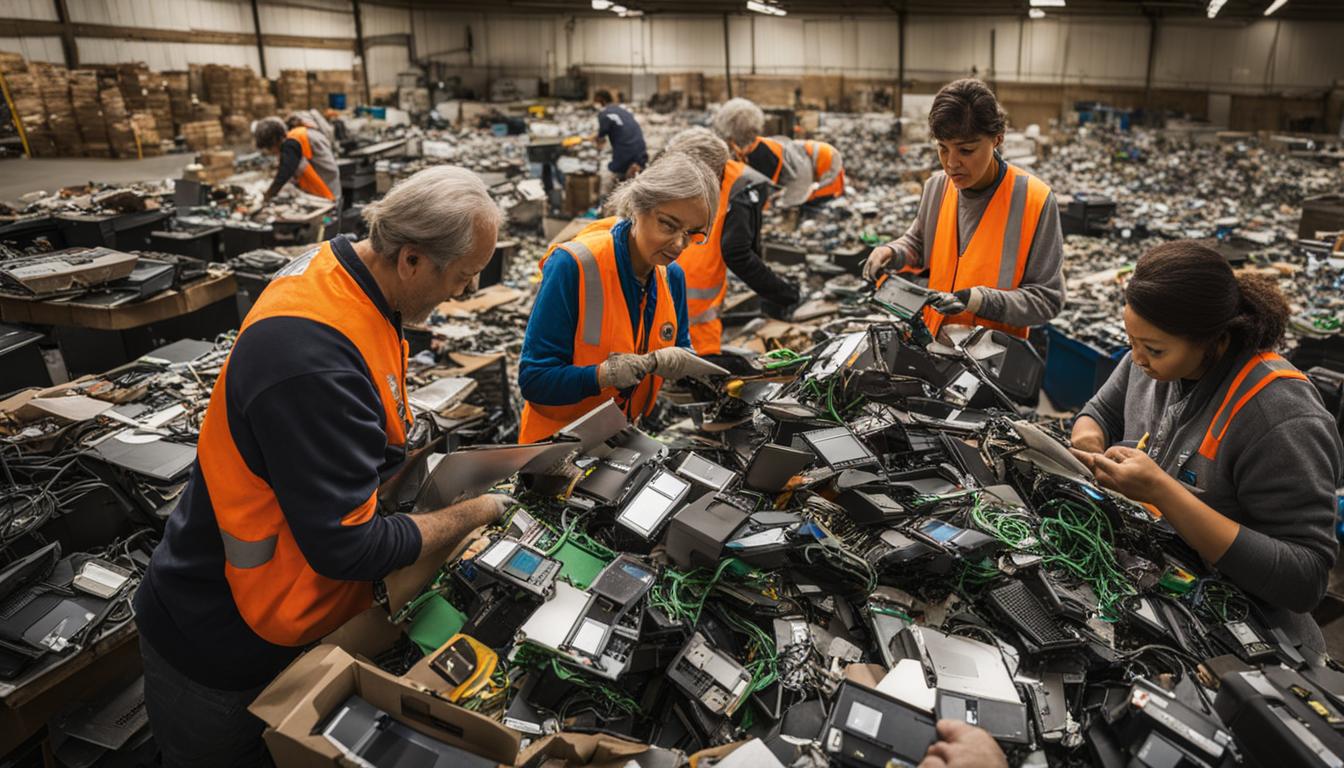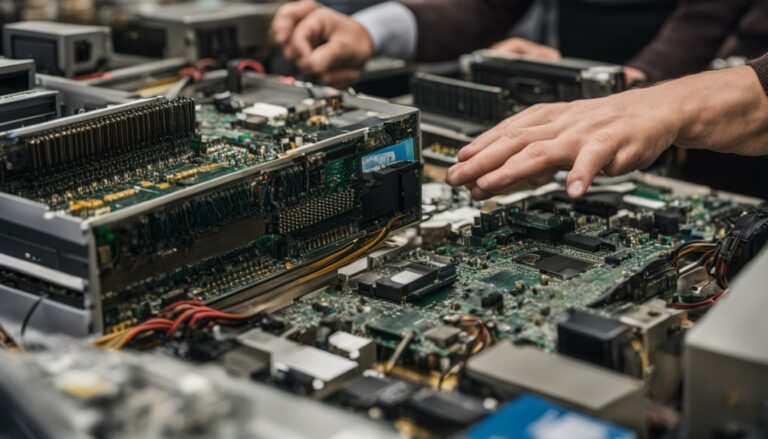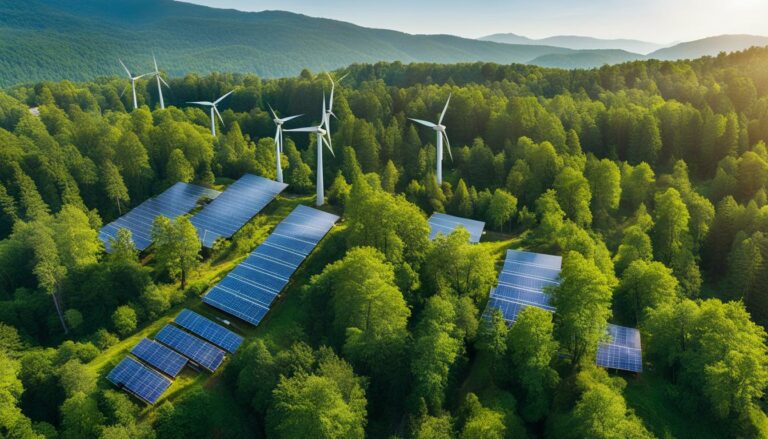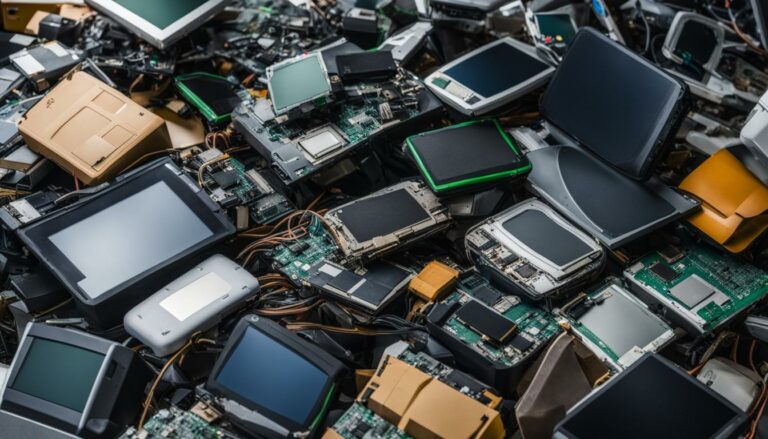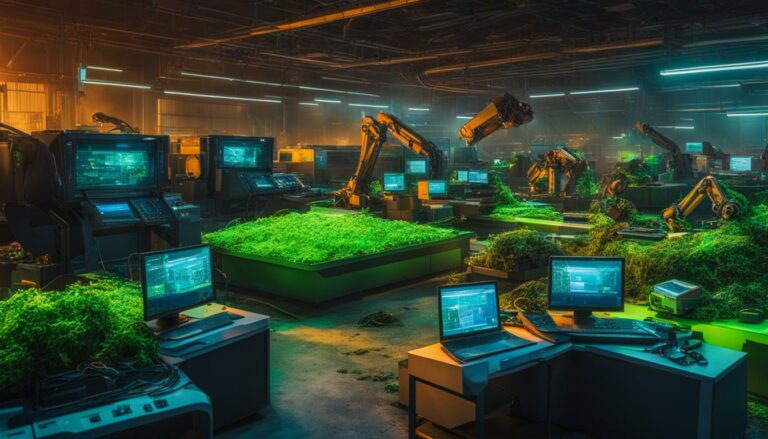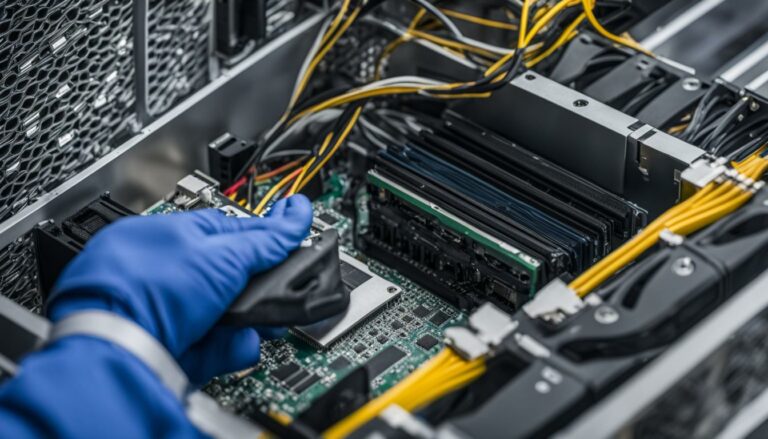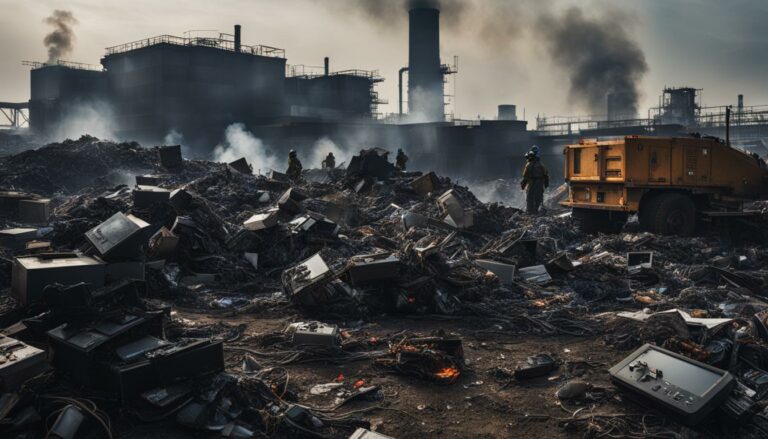The Surprising Second Lives of Old Computers
Old computers from the 1980s and 1990s, like the Macintosh SE, may seem outdated and obsolete by today’s standards. However, these machines played a significant role in the early days of personal computing. They were not as universal as they are today, with only 8% of UK homes having a computer in 1984. Computers were considered tools for work and entertainment, but they did not dominate every aspect of life like they do now. Despite their limitations, using these old computers can bring a surprising sense of joy and nostalgia. The compact size, simplicity of operation, and ergonomic benefits make them appealing to some users in the modern age.
Key Takeaways
- Recycling old computers is essential for environmental sustainability and data security.
- Vintage computers from the 1980s and 1990s offer unique experiences and nostalgia.
- Old computers played a significant role in the early days of personal computing.
- Using old computers can bring a surprising sense of joy and nostalgia.
- The compact size, simplicity of operation, and ergonomic benefits of old computers make them appealing today.
The Lean Performance of Windows 10 on Old PCs
When it comes to eco-friendly computer disposal and electronic waste recycling, upgrading old PCs to run on the latest operating systems is a sustainable alternative. Despite their outdated hardware, Windows 10 can still be installed on old PCs from the early 2000s, offering users a chance to extend the lifespan of their devices.
In a series of tests conducted on various old PCs, including a Dell Dimension E510 from 2006, a Lenovo IdeaPad S12 netbook from 2009, and a Lenovo X61 laptop from 2008, it was found that Windows 10 could be installed on these machines. However, the performance was noticeably compromised due to the limited processing power and memory capacity of these older devices.
Users should be aware that running Windows 10 on older PCs may result in slower response times and higher CPU loads. However, for those on a budget or looking to repurpose their old computers, upgrading to Windows 10 can still provide a tolerable computing experience. Users can enjoy the benefits of the latest operating system features while reducing electronic waste and responsibly disposing of their old devices.
By opting for responsible computer disposal and green computer recycling, users can contribute to sustainable electronics recycling. Recycling old computers not only reduces the amount of electronic waste that ends up in landfills but also helps conserve valuable resources by extracting and reusing components. It is a win-win situation, ensuring our personal data security while promoting a greener and more sustainable future.
| Benefits of Upgrading to Windows 10 on Old PCs | Eco-Friendly Computer Disposal |
|---|---|
| Extended lifespan of old PCs | Reduces electronic waste |
| Access to the latest features and capabilities | Conserves valuable resources |
| Cost-effective computing solution for users on a budget | Promotes sustainable electronics recycling |
| Opportunity to repurpose old devices | Protects personal data security |
Quote:
“Upgrading old PCs to run on Windows 10 not only extends their lifespan but also provides a cost-effective computing solution for users on a budget. By responsibly disposing of old computers through eco-friendly methods, we can reduce electronic waste and promote sustainable electronics recycling.” – Computer Recycling Expert
The Antikythera Mechanism – The World’s First Computer
The Antikythera Mechanism, discovered in an ancient shipwreck off the coast of Greece, is often considered the world’s first computer. Dating back to the second century B.C., this ancient instrument was used to calculate and illustrate astronomical information. Recent research using high-resolution imaging and 3D X-ray tomography has uncovered the technical sophistication of this ancient device. Inscriptions and reconstructed gear functions reveal the complexity of the mechanism, showcasing an unexpected degree of scientific knowledge and engineering for its time.
The Antikythera Mechanism
The Antikythera Mechanism is a remarkable piece of ancient technology that has captivated researchers for decades. This intricate mechanical device consists of a series of gears, dials, and inscriptions that allow it to calculate the positions of celestial objects. It was used to predict solar and lunar eclipses, track the movements of the planets, and even determine the dates of ancient sporting events.
What makes the Antikythera Mechanism truly astonishing is its level of detail and precision. The gears found within the device are more complex than any other gear system known from the ancient world. The inscriptions on the mechanism describe the movements of celestial bodies and provide instructions for its use. Researchers believe that this sophisticated device was likely used by astronomers and scholars to study the cosmos and make accurate predictions of astronomical events.
“The Antikythera Mechanism is a testament to the ingenuity and technological prowess of the ancient Greeks,” says Dr. Maria Papadopoulou, an archaeologist specializing in ancient Greek technology. “It demonstrates their advanced knowledge of mathematics, astronomy, and mechanics, and shows that they were capable of creating impressive and sophisticated machines.”
The Antikythera Mechanism is a remarkable example of ancient computer technology. It provides valuable insights into the scientific and technological advancements of the ancient world. Its discovery has helped to reshape our understanding of ancient civilizations and their capabilities. The Antikythera Mechanism serves as a testament to the ingenuity and curiosity of our ancestors, reminding us of the rich history of human innovation.
The Benefits of Recycling Old Computers
Recycling old computers not only helps to protect the environment but also ensures the security of personal data. Proper disposal of these devices is essential to prevent them from becoming electronic waste, which can harm the ecosystem. By recycling old computers, valuable components can be extracted and reused, reducing the need for raw materials and energy in the production of new electronics. This contributes to a more sustainable and eco-friendly approach to computer disposal.
Moreover, recycling old computers helps to safeguard personal data stored on these devices. When disposed of improperly, old computers can pose a significant risk of data breaches and identity theft. By recycling these devices, individuals can ensure that their personal information is securely destroyed, protecting their privacy and preventing unauthorized access to sensitive data.
The Environmental Benefits
Recycling old computers significantly reduces electronic waste, which is a growing concern globally. According to recent statistics, only 20% of electronic waste is currently recycled, with the remaining 80% ending up in landfills or being incinerated. This leads to the release of harmful substances such as lead, mercury, and cadmium into the environment.
“Recycling old computers not only helps to protect the environment but also ensures the security of personal data.”
By recycling old computers, these toxic materials can be safely extracted and disposed of, preventing them from contaminating soil and water sources. Additionally, by reusing valuable components from old computers, the demand for raw materials required for the production of new electronics can be reduced, resulting in energy savings and a smaller carbon footprint.
Findings from a Comparative Study
| Category | Disposal Method | Environmental Impact | Data Security |
|---|---|---|---|
| Recycling | Positive | Positive | |
| Improper Disposal | Negative | Negative |
Based on a comparative study conducted on different disposal methods for old computers, recycling was found to have positive impacts both environmentally and in terms of data security. Proper recycling not only prevents electronic waste from polluting the environment but also ensures the secure destruction of personal data. On the other hand, improper disposal methods were found to have negative consequences in both categories.
In conclusion, recycling old computers is not only a responsible choice for eco-friendly computer disposal but also crucial for safeguarding personal data. By recycling these devices, we can contribute to a greener future and protect ourselves from potential security breaches. It is important to raise awareness about the benefits of recycling old computers and encourage individuals and businesses to adopt sustainable practices when it comes to computer disposal.
Conclusion
In conclusion, the second lives of old computers offer unique experiences and benefits. While using vintage computers from the 1980s and 1990s can bring nostalgia and joy, their performance may not meet the demands of modern computing. However, recycling old computers is crucial for environmental sustainability and data security.
By responsibly disposing of these devices, we can contribute to green computer recycling and sustainable electronics recycling. This helps to reduce electronic waste and its harmful impact on the environment. Additionally, recycling old computers ensures that personal data stored on these devices is securely destroyed, safeguarding individuals from the risk of identity theft and privacy breaches.
So, if you have old computers that you no longer use, consider recycling them instead of letting them end up in a landfill. This simple act can make a significant difference in creating a greener and more sustainable future for our planet. Let’s work together to protect the environment and safeguard our data by embracing the importance of green computer recycling and sustainable electronics recycling.
FAQ
Why should I recycle my old computer?
Recycling your old computer not only helps protect the environment by reducing electronic waste, but it also ensures that your personal data is securely destroyed, protecting you from identity theft and privacy breaches.
How does recycling old computers benefit the environment?
Recycling old computers allows valuable components to be extracted and reused, reducing the need for raw materials and energy in the production of new electronics. This helps conserve resources and minimizes the environmental impact of electronic waste.
Can I still use vintage computers from the 1980s and 1990s?
While vintage computers from the 1980s and 1990s can bring nostalgia and joy, their performance may not meet the demands of modern computing. They may not have the processing power or memory required for today’s software and applications.
Can Windows 10 be installed on old PCs?
Yes, Windows 10 can be installed on some old PCs from the early 2000s. However, the performance may be compromised due to the outdated hardware, resulting in slower response times and high CPU load.
What is the Antikythera Mechanism?
The Antikythera Mechanism is an ancient instrument dating back to the second century B.C. It was used to calculate and illustrate astronomical information, and is often considered the world’s first computer.
How does recycling old computers contribute to personal data security?
By recycling old computers, you can ensure that personal data stored on these devices is securely destroyed, protecting you from potential identity theft and privacy breaches.

